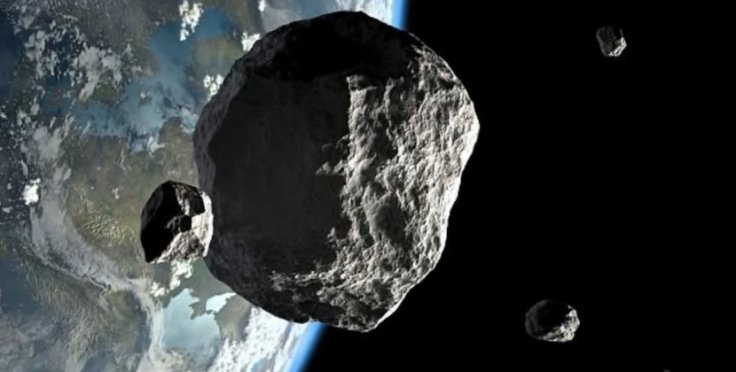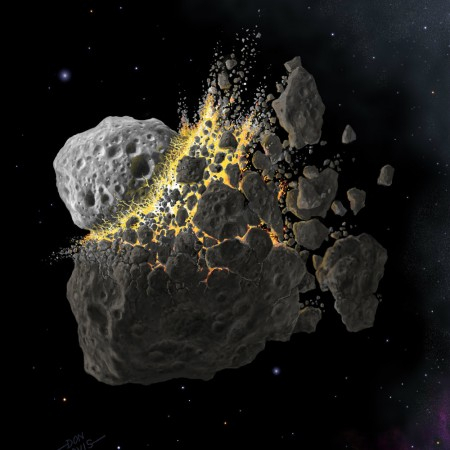The lead scientist for the European Space Agency's (ESA) Hera mission is urging the European Union's member states overseeing the agency to approve the necessary budget for the asteroid-deflection mission. According to the scientist, now is the time to proceed with the mission.
The Hera mission can be considered the ESA's contribution to the planetary defense strategies against asteroids. The agency hopes to carry out this mission as part of a joint project with its U.S. counterpart, NASA.

NASA and ESA's Joint Mission
The first stage of the project will focus on NASA's Double Asteroid Redirection Test (DART). For this mission, the agency will launch a spacecraft and intentionally collide it with the satellite of a binary asteroid known as Didymos. The objective of the mission is to determine if it would be possible to change an asteroid's trajectory by nudging it with a spacecraft.
Once DART has been completed, the ESA would then proceed with the second stage of the project through its Hera mission. Through its own spacecraft, the ESA will study the effects of DART on Didymos. The data that will be collected during the mission will be used for future asteroid-deflection techniques.
Funding issues for Hera
Although the nature of ESA's mission is very important, scientists involved with Hera are worried that it might not receive the necessary funding. They are worried that it might end up like its predecessor the Asteroid Impact Mission, which was not able to secure the proper approval from the ESA's member states in 2016. According to Patrick Michael, the head scientist for the Hera mission, failing to proceed with the asteroid-deflection project could have serious consequences.
"The probability [of an asteroid impact] is low but the consequences are high," he told Space.com. "This is why it's relevant to take care of it. Moreover, we have the tools … We can't lose more time. We have studied this for 15 years, so what are we going to do if it doesn't happen this time? Do more paperwork? Spend more money?"

Rallying support for ESA's Mission
To ensure that the Hera mission receives the green light from the ESA, Michael and other scientists are urging the member states to approve the necessary budget for the project. This matter will be decided during the ESA's ongoing ministerial meeting, which is carried out by the member states every three years to discuss the budget for the agency's proposed missions.
Earlier this month, scientists and space enthusiasts held a press conference in Berlin to urge European countries to support the Hera mission. During the event, they presented a letter with over 1,200 signatures to convince the member states about the importance of the mission.









